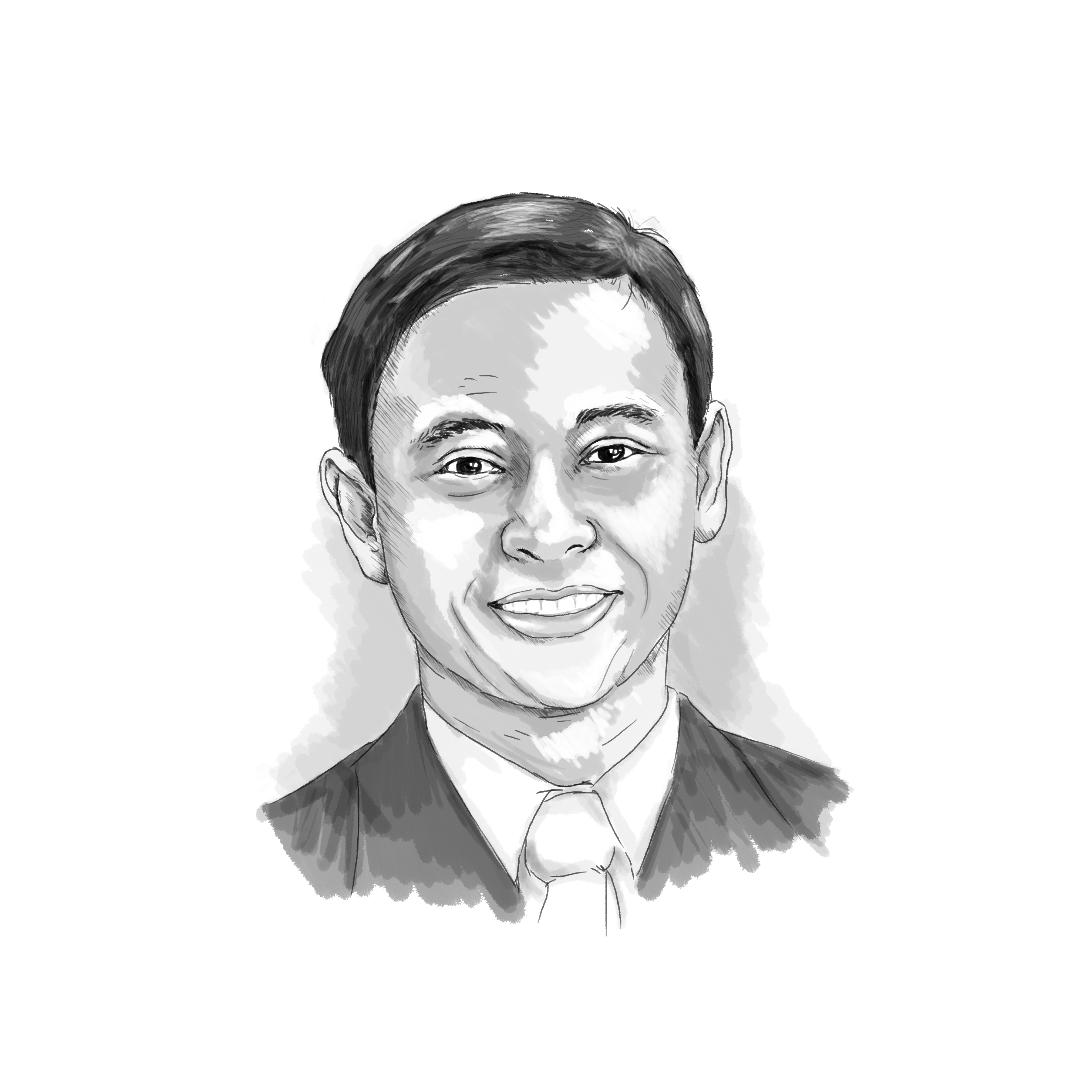BETTER DAYS

When we came up with our Tatak Pinoy or Proudly Filipino advocacy in 2019, the overarching goal was to transform the Philippines into a progressive and vibrant economy, to help Filipino entrepreneurs and industries become more competitive, and to provide our people with more opportunities to make a good living without the need to go overseas. Our starting point and foundation was the Atlas of Economic Complexity developed by Drs. Ricardo Hausmann of Harvard University and Cesar Hidalgo, formerly of the Massachusetts Institute of Technology and now with the University of Toulouse in France. In evaluating economies, they found that countries that produce more diversified and sophisticated products grow faster and are able to sustain their growth over longer periods of time.
On the surface, Tatak Pinoy may appear to be a purely export-oriented endeavor since a lot of what it espouses is the development of Philippine goods and services to become globally competitive. But it is also about looking outwards—learning what we can from the rest of the world and putting such knowledge to good use, for our benefit. We can learn a lot studying the best practices of other countries and then determining which elements can be applied here.
During our committee hearings on the Tatak Pinoy bill, Director Francisco “Jun” Santiago of the Department of Migrant Workers shared his experiences as an OFW for 13 years, particularly on the impact being made by Filipinos working in multi-million dollar industries in various fields. Director Santiago aired his frustration at how Filipino professionals have made their marks in the countries where they are based but cannot do the same for the Philippines. He explained that there are barriers in the way of these OFW professionals to work in the country such as licensure and certification requirements. In the Middle East where he was based, he noted that most of the safety engineers stationed at construction sites were Filipinos. Their expertise is clearly recognized and sought after there but once they decide to come home and work here, they realize that the transition is not that easy.
Director Santiago was on point in saying that these Filipino professionals working overseas are valuable assets that the Philippines can utilize. They hold knowledge and experience on best practices and technologies utilized by the world’s biggest companies and they can transfer this to us practically for free given the opportunity to do so. According to Santiago, we have to harness the full potential of Filipinos exposed overseas. We cannot continue to make other countries progress and fail to do the same for the Philippines.
The Department of Trade and Industry’s Design Center of the Philippines recently announced its partnership with the Hasso Plattner Institute (HPI) School of Design Thinking for the establishment of the Design Thinking Academy + Policy Lab to help cultivate innovation-driven governance. We are now faced with a rapidly transforming landscape in business and as such, embracing innovation and learning to adapt quickly becomes critical to ensure continuous growth and escape obsolescence. The HPI School of Design Thinking is a European hub for design thinking education and its head, Professor Ulrich Weinberg, who was in the country for the ceremonial signing of a declaration of support with the Design Center of the Philippines, co-founded the Global Design Thinking Alliance. Learning from the brightest minds of the world will be for our benefit as we make our way towards becoming globally competitive and among the ranks of the most vibrant economies in the world.
In line with these efforts to gain knowledge from outside, we filed Senate Bill 1614 or the proposed Pensionado Act to assist employed or self-employed, exceptionally-abled and highly motivated individuals to undertake advanced studies in a branch of science, technology or related fields of learning overseas through fellowships and scholarships. The idea is for the beneficiaries to contribute in the brain gain for national development.
In recent weeks, we also saw the signing of an agreement between Atmo Inc., a leading artificial intelligence meteorology company and the Department of Science and Technology and a memorandum of agreement between U.S.-based Astranis Space Technologies and Philippine-based satellite firm Orbits Corporation. The first involves building a high-resolution weather forecasting system for the Philippines using AI. The latter involves the launch of two internet satellites to be called Agila in order to provide internet connectivity to 10 million users in 30,000 communities in the country.
It is our hope that for every agreement such as these that come into the country, we would endeavor to actively learn from these investments and apply the knowledge we gain for our benefit. Technology transfer should become a habit, not just for businesses, but for our policymakers. This is what we mean by Tatak Pinoy being focused on expanding the productive capabilities of our economy. ([email protected]| Facebook, Twitter & Instagram: @sonnyangara)
(Senator Sonny Angara has been in public service for 19 years — nine years as Representative of the lone district of Aurora, and 10 as Senator. He has authored, co-authored, and sponsored more than 330 laws. He is currently serving his second term in the Senate. )